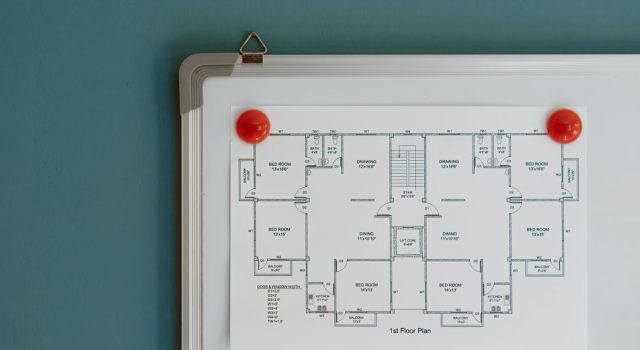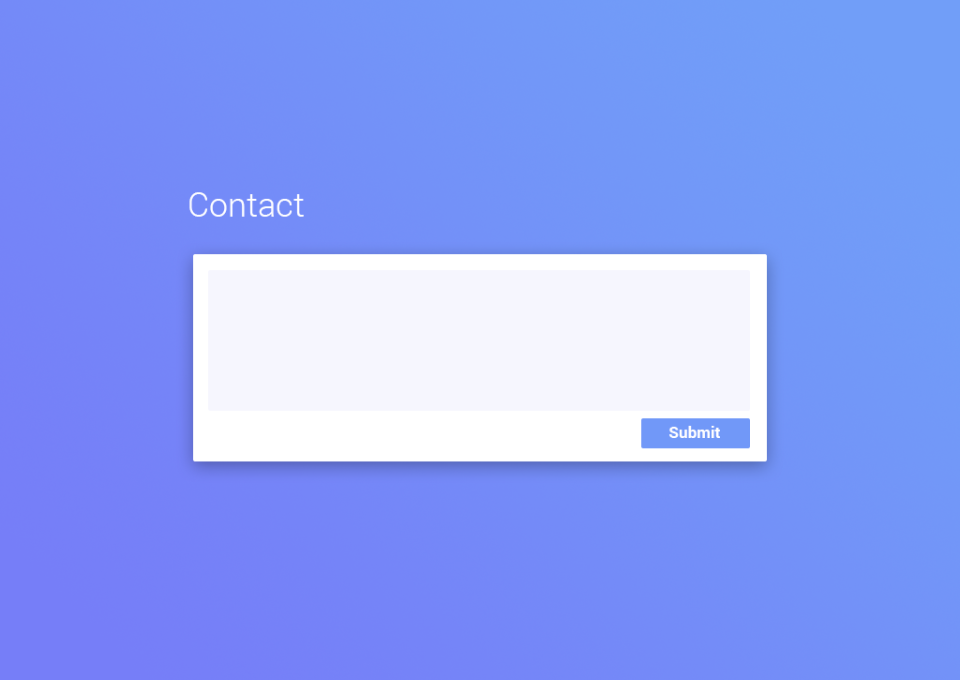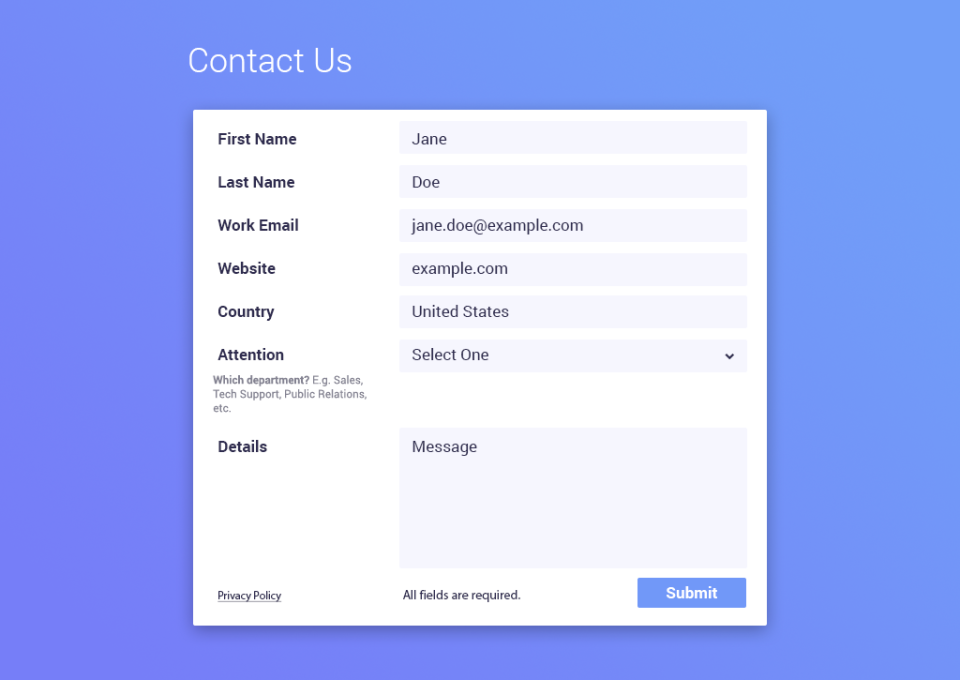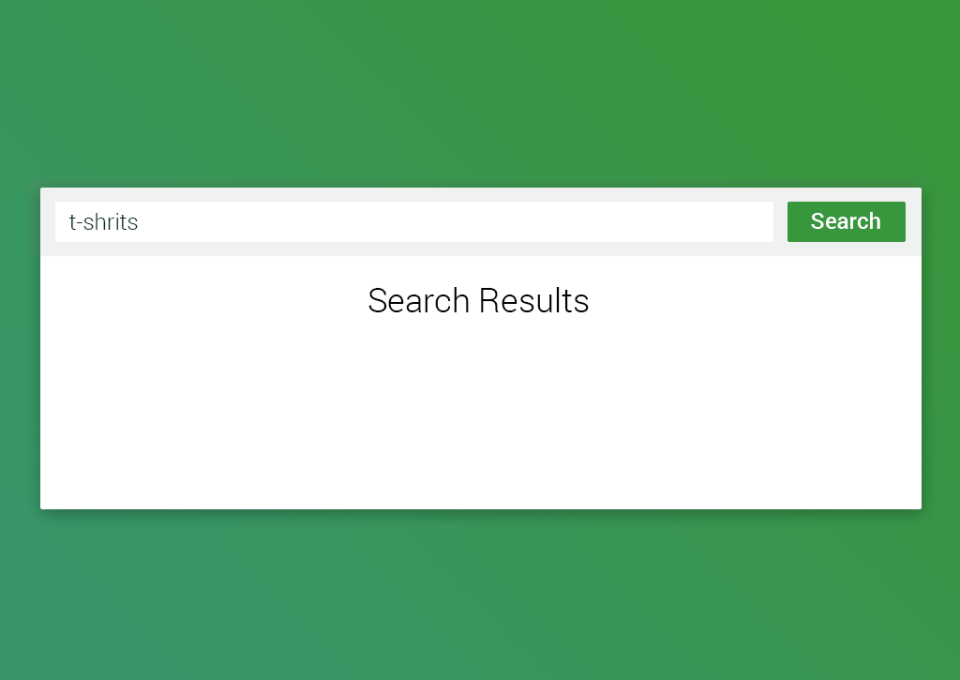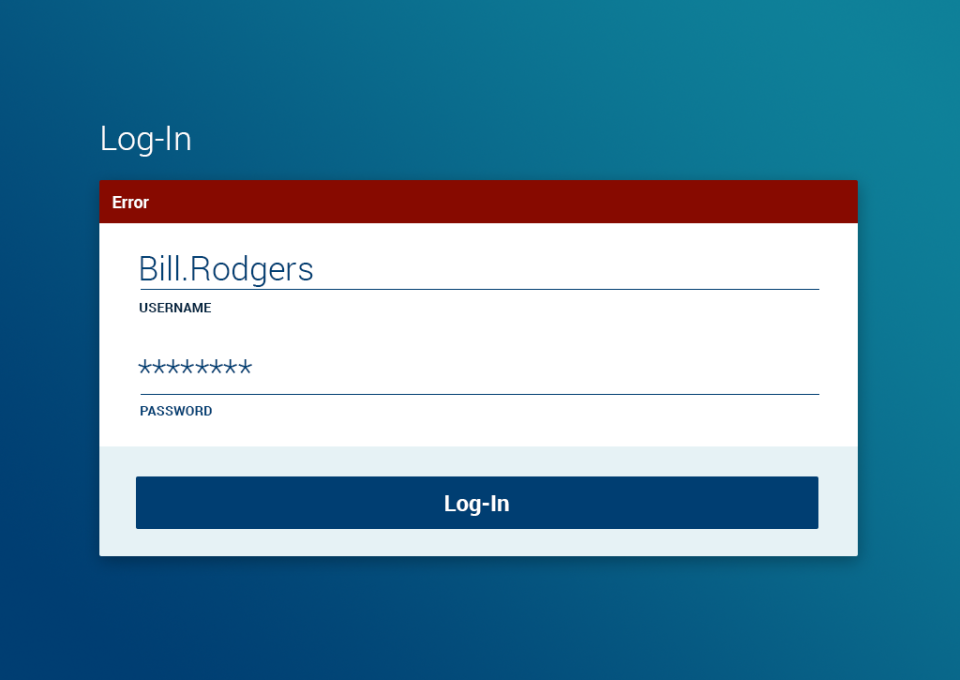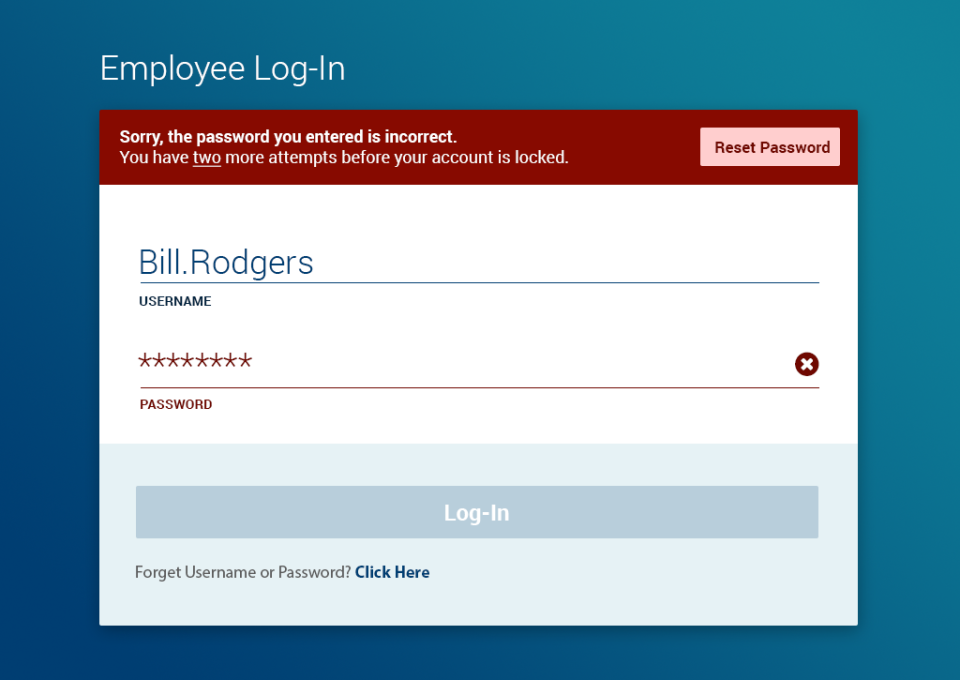News Articles
Project Scopes
In February 2013, we posted an article about writing comprehensive project scopes for web development. The article details the anxiety, trust, expectations, and comfort created by a detailed project scope for digital design and development, be it a web site, web application (SaaS), or Mobile App. This 5-page article takes designers and clients alike through the process of creating a scope and the benefits to both parties when embarking on a new project.
Since its creation, we’ve occasionally gotten feedback that the time and cost spent developing a scope was unnecessary, where ambitious entrepreneurs prefer instead to dive headfirst into building out the product. Their concerns are valid: I’m already allocating funds for the development of my app. Why do I need to spend more on this part of the strategy?
Most prospective clients do not do digital design and development for a living. They don’t create web sites or mobile apps. They work in their world with their own core competencies and they use the internet and mobile devices to supplement their own processes and run their own businesses. With years of experience and continual refinement to internal workflows, they know how their business runs best. But we’ve failed to properly communicate how integral the project scope is in our world. In this article, we’ll attempt to correct that failure.
The project scope is your bible. It’s your roadmap to success. It’s your best friend. It’s a highly detailed, highly granular checklist of all the things you should expect from your project when it’s completed and delivered to you.
In the same way, it is our bible. Our roadmap to success. Our best friend. It tells us what we’re hired to create, leaving no room for misinterpretation or scope creep. Everything in the project scope will be included; nothing outside of the scope should be assumed.
Imagine you’re building a house. We all imagine differently what houses look like. They have doors and windows, walls and a roof. You and your builder agree on a price and you get started.
Here’s the house you’re expecting.
Here’s the house the builder is expecting.
Neither one of you is wrong. They’re both houses. They both have doors and windows, walls and a roof. The issue is obvious: the client and contractor never discussed exactly what would be included when the work was completed.
This is why we hire an architect to draw-up the blueprints of our house. A scope, like a blueprint, leaves no guesswork about what will be delivered when the work is done.
Let’s look at some examples.
Examples
1. “Create a Contact Form for my site”
The developer builds this:
The client expects this:
2. “Create a Search Engine for my web app”
The developer builds this:
The client expects this:
3. “Create a Login page for my mobile app”
The developer builds this:
The client expects this:
Just as a blueprint is integral for a client and contractor understanding what is included in the construction of a house, a project scope helps the client and developers understand what is included in a project. Expectations are universal, assumptions are removed. Nothing more, nothing less.
More Information
For additional questions about project scopes, or to have ERA404 create one for your project, contact us here: era404.com/contact
Permalink: https://www.era404.com/news/project-scopes/


